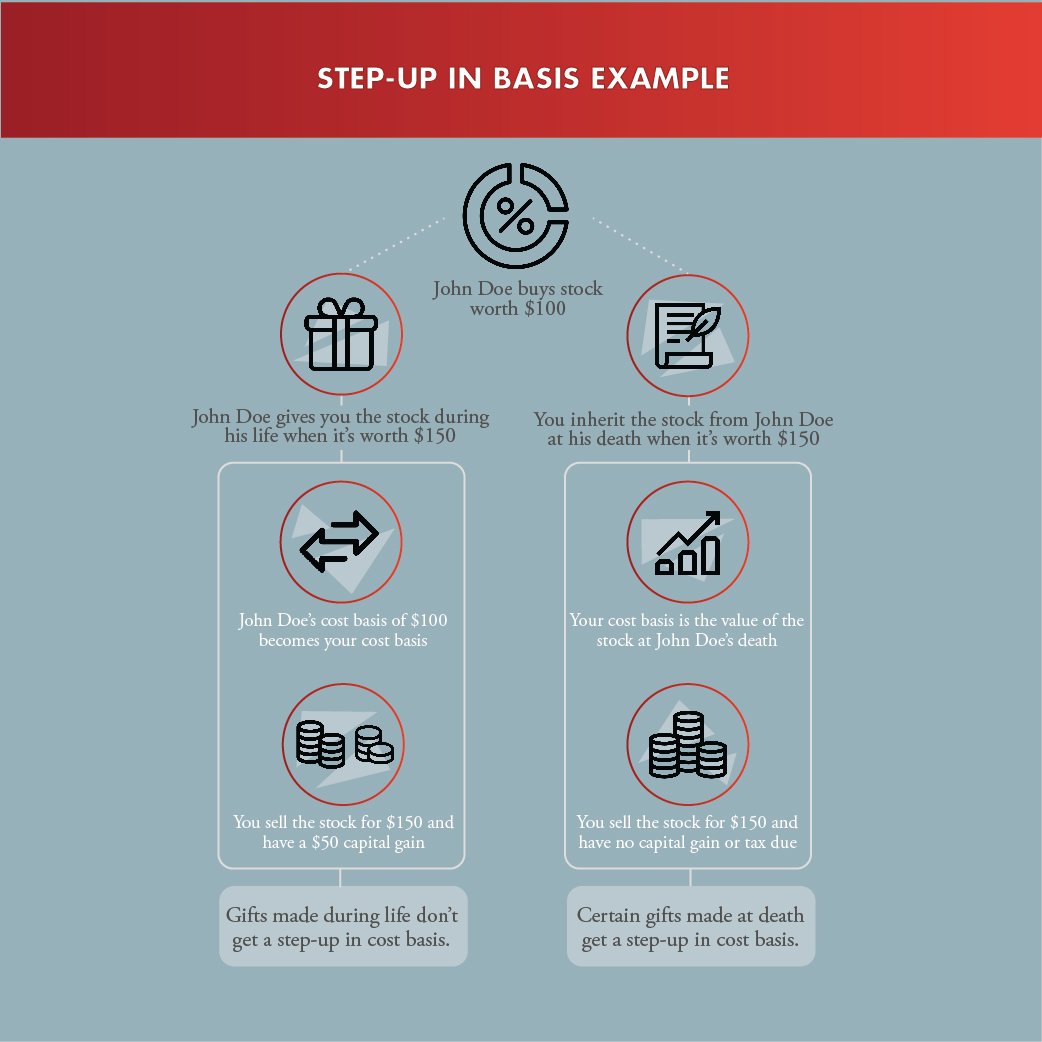The U.S. Occupational Safety and Health Administration (OSHA) has adopted a new rule expanding the injury and illness reporting requirement for employers.
Effective January 1, 2024, more employers will be required to electronically submit workplace injury and illness information to OSHA as follows:
- Worksites with 100 or more employees in certain high-risk industries must electronically submit information from their OSHA Forms 300 and 301 to OSHA once a year.
- Worksites with 250 or more employees that are subject to OSHA's record-keeping regulation will continue to be required to submit information from their OSHA 300A form to OSHA annually.
- Worksites with 20 to 249 employees in certain high-risk industries will continue to be required to submit information from their OSHA 300A form to OSHA annually.
Certain industries are exempt from submitting workplace injury and illness information to OSHA unless they are asked in writing to do so by OSHA, the Bureau of Labor Statistics (BLS), or a state agency operating under the authority of OSHA or the BLS.
All data must be submitted annually for the previous calendar year by March 2nd of the following year. When submitting data, employers should not include personal identifiable information of employees on the reporting such as: names, social security numbers, telephone numbers, home addresses, email addresses, healthcare provider information, or family member information.
- Data can be submitted electronically here.
- Aids to assist in the reporting process can be found here.
As a general reminder, OSHA already requires employers to keep records of work-related injuries and illnesses that resulted in death, loss of consciousness, medical treatment beyond first aid, days away from work, restricted work or transfer to another job. Additionally, all employers must report to OSHA any workplace incident that results in a fatality, in-patient hospitalization, amputation, or loss of an eye as further described here.
Employers must still complete the OSHA 300, 301 and 300A forms based on these records.
...Read More




